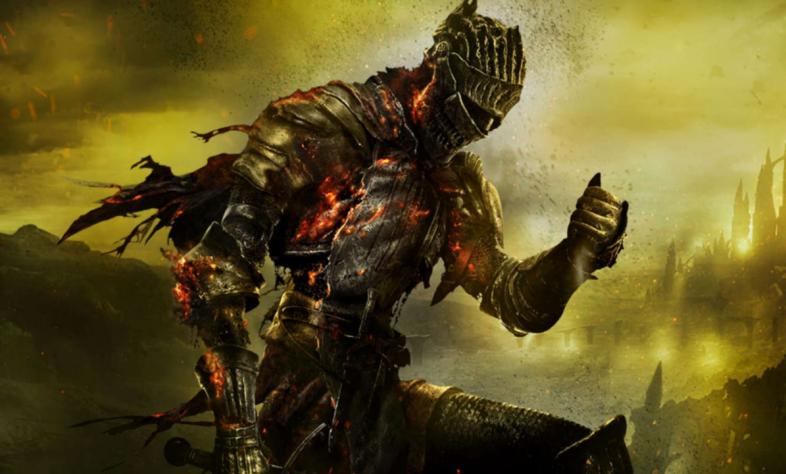
Please read the full community rules and guidelines.

No sales, sales links, or soliciting donations. Self-promotion is allowed once weekly with community participation. No name and shame or witch hunting posts or comments.ĭiscriminatory language (racist, sexist, homophobic, transphobic, etc.) will not be tolerated.ĭo not discuss malicious cheats or glitches that break multi-player. No pictures of screens (TV, monitors, phones, tablets, etc.). Meme templates or satire should be posted to /r/ShittyDarkSouls.

In standard D&D, there were a number of limitations that do not exist in DS D&D - part of the appeal of the Dark Souls games is the ability to continue to grow your character and mechanically this was not allowed in standard D&D. As you progress, you will continue to add ability score improvements to your character.

These classes are designed to present you with a variety of archetype choices with which to build your character. The ability scores and statistics outlined on the Classes page are your starting ability scores at level 1. These are classes pulled from Dark Souls, Dark Souls II or Dark Souls III. You'll notice the Classes outlined in DS D&D are different than your standard PHB classes. While your character name, likeness and background are largely aesthetic and non-functional in standard 5th Edition, Ethnicity is very important in DS D&D because it directly affects your ability scores. In DS D&D, Ethnicity replaces both Race and Background from your PHB.

As always, your DM may find adjustments to their liking, and the DM's decisions always supercede any other rule - whether it's from DS D&D, or from the standard D&D 5E Player's Handbook (PHB). Because of the mechanics adjustments, some things are significantly more simplified, while others are more in-depth.īelow you will find a step-by-step guide to creating a character that will work within your DS D&D universe. Character creation within DS D&D is a little bit different than your standard 5th Edition Dungeons & Dragons campaign.


 0 kommentar(er)
0 kommentar(er)
